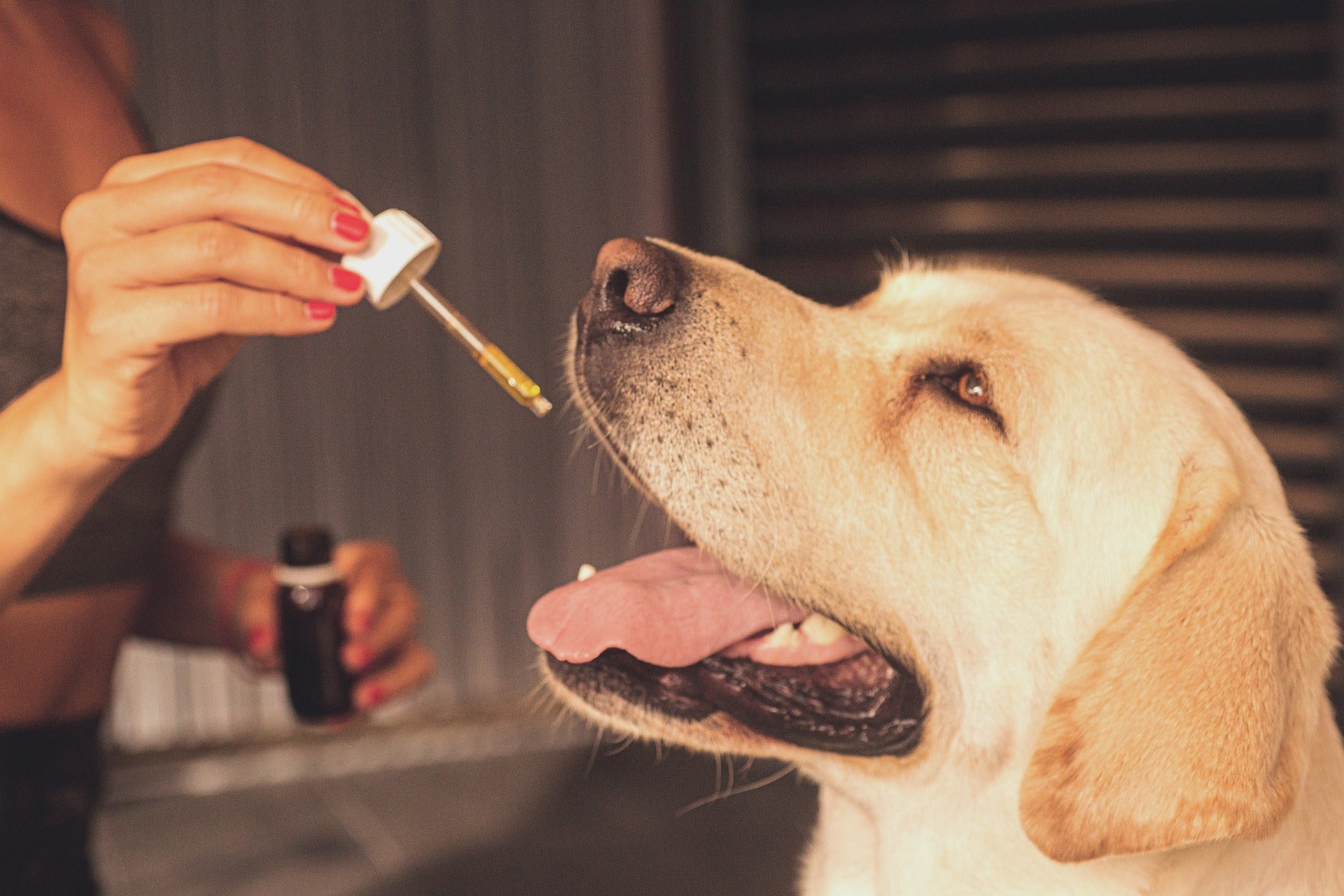It’s heartbreaking to bring your sick animal to the veterinarian. After all, they’re family—and you don’t want to see them hurting, in pain, or aging. It’s also heartbreaking for YOU, as a pet parent, to see that expensive vet bill after services are rendered to Fido. What can be done to lower these expenses?
For decades, major insurance agencies—and some smaller ones—have offered pet insurance. Is it worth purchasing for the health and safety of your dog and cat? We asked experts to weigh in on some aspects of pet insurance to consider.

Easy on the wallet
“Insurance packages can help pet parents save money in the event of emergencies,” says Dr. Brian Evans, DVM and Medical Director at Dutch, which offers online veterinary care for pets. “Average savings for those with pet insurance is roughly $1,550 per year!”
According to Dr. Evans, some plans even bundle preventative online care with emergency coverage like Dutch’s annual offering in partnership with PetsBest.
“Packages like these, which cost only $24 per month, provide unlimited access to online care with licensed veterinarians -- and provide protection for emergencies that require in-person care for issues like trauma, poisoning, car accidents, bone fracture, wound, and more.”
What to consider
Here are some major factors to consider when purchasing pet insurance: cost, base policy coverage, whether it’s all fully necessary for your pup, ease of use should you have a question or need to file a claim, and helpful add-ons to a plan.
“It’s also crucial to consider your dog’s age and what they need at that point in their life, taking into consideration how a pet insurance plan can support each age,” explains Sean Burgess, Chief Claims Officer at insurance company Lemonade.
“A puppy will require certain immunizations and vet health checkups than a dog a few years older; senior dogs also tend to have more medical needs as they age—it’s worth thinking through what’s covered in each plan and how it can support your dog’s life.”
At Lemonade, for instance, the base policy can help out with veterinary bills for diagnostics, procedures, and medications related to accidents and illnesses (provided those occur after your policy’s waiting period has ended).
“This could include blood tests, urinalysis, X-rays, MRIs, labwork, CT scans, and ultrasounds,” says Burgess. “A pet insurance policy can come in handy if a pet gets a broken bone or is hurt by a car, or if they accidentally eat toxic foods or something dangerous they shouldn’t have.”

Hidden costs covered
While a scary thought, if an owner’s pup is diagnosed with cancer while they have a Lemonade policy, for example, treatments like chemotherapy can be covered—but not for experimental treatments.
Beyond the base accident and illness package, Lemonade offers a number of Preventative Care packages, geared towards adult pets. “We even offer a package tailored for puppies and kittens. These packages can help cover the stuff pet parents are probably already paying for like vaccines, wellness exams, and routine tests,” says Burgess. “Plus, Lemonade also offers five optional add-ons to help cover additional treatments like physical therapy, behavioral conditions, and dental illnesses.”
Remember—as Burgess pointed out--as a pet ages, they will require more veterinary care and treatments, which is why it pays to take out a pet insurance policy for your pet as early as possible. “If you try to sign your 13-year-old dog up for insurance for the first time, they might be declined due to their age; either way, they’re more likely to have pre-existing conditions that won’t be covered by insurance.”
It’s no secret owning a dog or cat can be expensive—which makes pet owners hesitate to invest in insurance as an extra cost.
“A pet-specific savings account is always good to have, but pet insurance can give you the peace of mind knowing that, if something unexpected were to happen, it wouldn't completely drain your savings. That way, you can save up for other critical things that matter,” says Burgess.
Read all fine print
Of note: "Some insurance packages can be misleading in what they *actually* cover," says Dr. Evans. "Be sure to fully evaluate your options. For example, many offerings exclude pre-existing conditions but emergency plans allow for these conditions."
If you think pet insurance is worth it – go for it! If not, perhaps you can work out a payment plan with your veterinarian as another discount alternative. Whatever you choose, we wish you and your pet the best in health!














